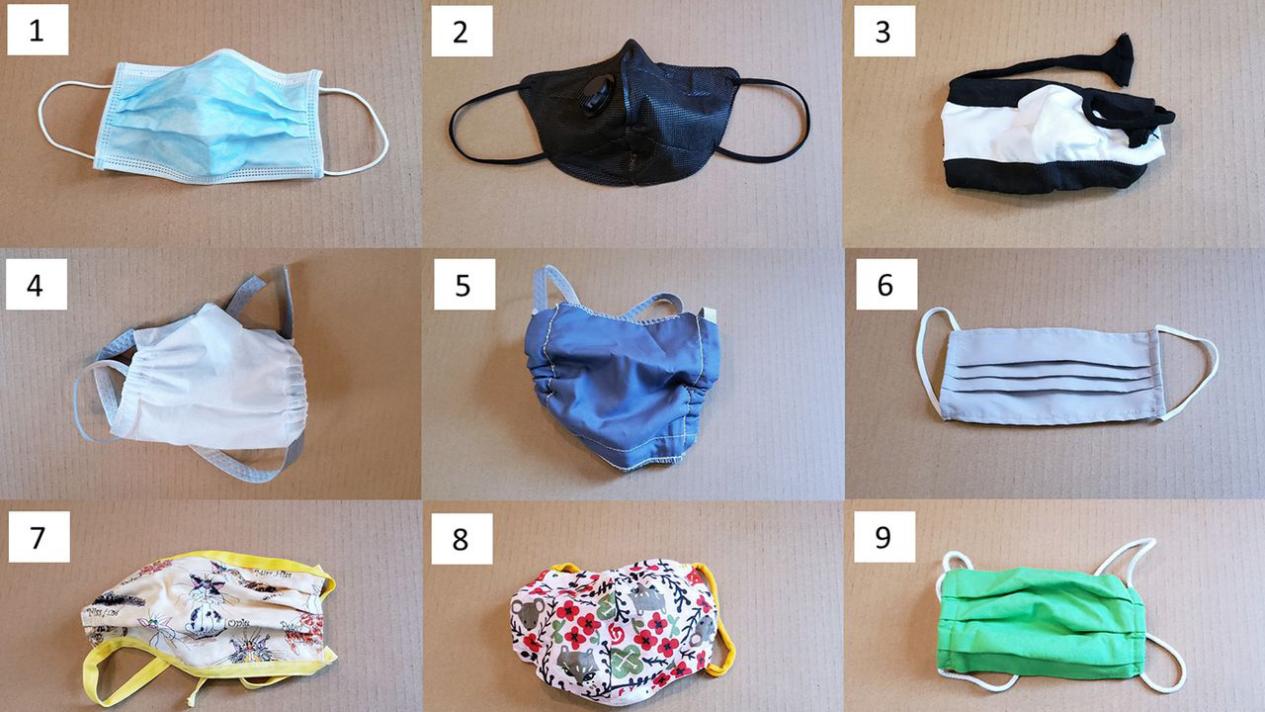What Are the Ethical Considerations of Wearing Face Masks?
In the midst of the ongoing COVID-19 pandemic, the wearing of face masks has become a highly debated topic, raising a multitude of ethical considerations. This article delves into the ethical implications surrounding the use of face masks, exploring the delicate balance between individual rights and collective responsibility.

I. Ethical Considerations For Individuals
Protection Of Self And Others
- Ethical Responsibility: Individuals have an ethical responsibility to protect themselves and others from the spread of infectious diseases.
- Risk Reduction: Wearing face masks is an effective means of reducing the risk of transmission of respiratory droplets, thus protecting both the wearer and those around them.
- Potential Harm: Not wearing a face mask can have ethical implications, as it poses a potential risk of harm to others, particularly those who are vulnerable.
Respect For Autonomy
- Individual Autonomy: The ethical principle of respecting individual autonomy recognizes the right of individuals to make personal choices.
- Infringement of Freedom: Mandating face mask usage may be seen as an infringement of personal freedom, raising concerns about coercion and the potential erosion of individual rights.
- Balancing Act: Striking a balance between individual autonomy and the collective good requires careful consideration of the potential consequences of both actions and inaction.
Fairness And Equity
- Fair Access: Ensuring fair and equitable access to face masks is an ethical consideration of utmost importance.
- Affordability and Availability: Issues of affordability, availability, and distribution of face masks, especially for vulnerable populations, need to be addressed.
- Prioritization: The ethical implications of prioritizing certain groups or individuals for face mask usage must be carefully evaluated.
II. Ethical Considerations For Society
Public Health And Safety
- Government Responsibility: Governments and public health authorities have an ethical responsibility to protect the health and safety of citizens.
- Mitigating Spread: Face masks play a crucial role in mitigating the spread of infectious diseases, reducing the burden on healthcare systems, and saving lives.
- Ethical Implications: Not taking adequate measures to promote face mask usage can have severe ethical consequences, leading to preventable illness and death.
Economic And Social Impacts
- Economic Consequences: Face mask mandates may have economic implications for businesses, employment, and social interactions.
- Ethical Considerations: The ethical responsibility to mitigate these impacts and ensure a fair and just recovery is paramount.
- Balancing Interests: Balancing the economic and social impacts with the need to protect public health requires careful consideration.
Cultural And Religious Considerations
- Respect for Beliefs: Cultural and religious beliefs may influence attitudes towards face mask usage, requiring sensitivity and respect.
- Accommodation: The need to accommodate diverse cultural and religious practices while ensuring public health and safety poses ethical challenges.
- Ethical Implications: Striking a balance between individual beliefs and collective responsibility is essential.
The ethical considerations surrounding the wearing of face masks are complex and multifaceted, requiring careful consideration of individual rights, collective responsibility, and the common good. Balancing these competing interests demands a thoughtful and ethical approach to face mask policies and practices. As we navigate the challenges of the COVID-19 pandemic and beyond, it is imperative to engage in respectful dialogue, evidence-based decision-making, and a commitment to fairness and equity to ensure the well-being of all members of society.
YesNo

Leave a Reply